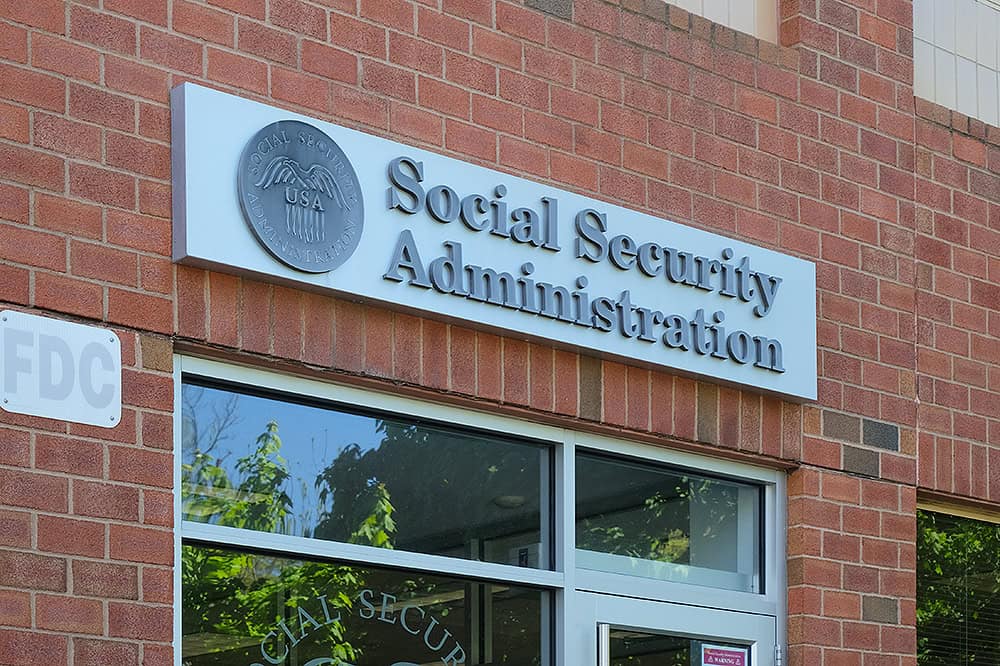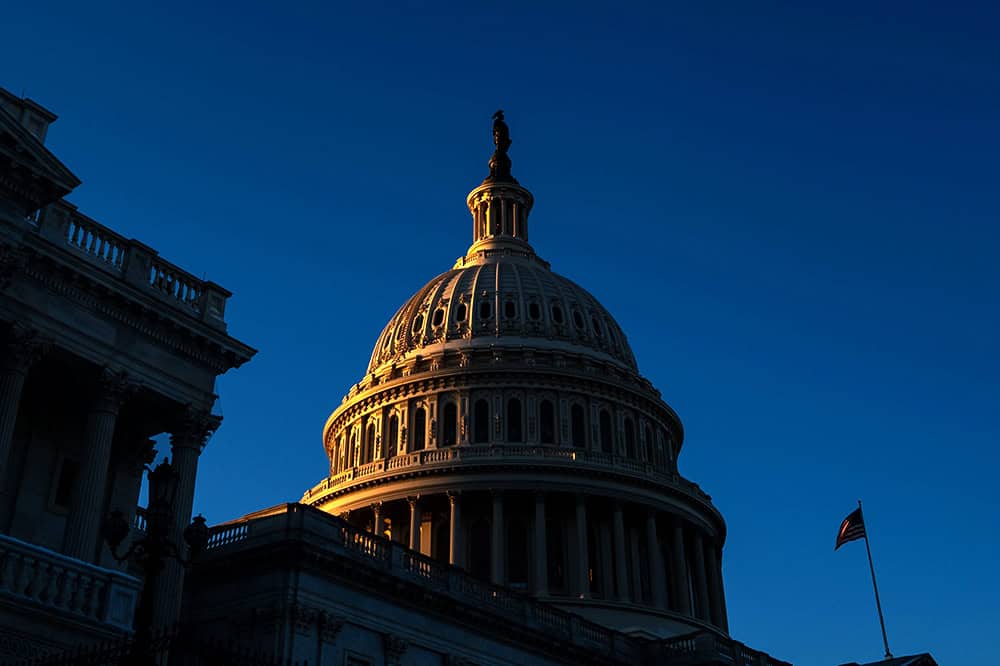Peterson Foundation Statement on Debt Ceiling Proposals

NEW YORK — Michael A. Peterson, CEO of the Peter G. Peterson Foundation, commented today following the release of proposals to resolve the debt ceiling from House Republican leadership and the bipartisan Problem Solvers Caucus:
“It’s a positive step to see proposals which raise the debt ceiling while also beginning to address our unsustainable fiscal outlook. The debt ceiling certainly must be raised, but we also need to do something about the underlying reason we keep hitting it in the first place: our skyrocketing national debt.
“In particular, it’s encouraging that the Problem Solvers Caucus has proposed a bipartisan commission to recommend comprehensive fiscal reforms that would stabilize long-term deficits and debt. This kind of substantive, big picture approach would help lawmakers focus on the key drivers of our debt, namely demographics, healthcare and rising interest costs. Absent reform, Social Security and Medicare will both be depleted within the next decade, so doing nothing is not an option. A bipartisan, collaborative commission process over a reasonable period of time would help address our critical challenges while also defusing brinksmanship, bringing more stability to financial markets and strengthening America in the eyes of the world.
“Both the debt ceiling and our $31 trillion and growing national debt represent critical threats to our economic future, so this is a moment for leadership that puts our nation above party politics. Defaulting on our obligations would be a catastrophic, self-inflicted wound; continuing to let our debt rise unchecked is a slower, but equally dangerous and unnecessary risk to our economy and the next generation. Lawmakers from both parties should step up to lead, to both avoid default and build a brighter economic future on a sustainable fiscal foundation.”
# # #
Further Reading
Lawmakers are Running Out of Time to Fix Social Security
Without reform, Social Security could be depleted as early as 2032, with automatic cuts for beneficiaries.
What Is the National Debt Costing Us?
Programs that millions of Americans depend on and care about may be feeling a squeeze from interest costs on our high and rising national debt.
Interest Costs on the National Debt Are Reaching All-Time Highs
The most recent CBO projections confirm once again that America’s fiscal outlook is on an unsustainable path — increasingly driven by higher interest costs.


